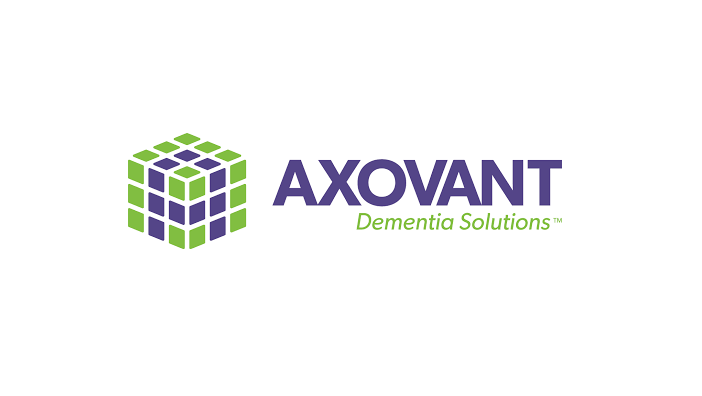Axovant axes dementia drug after disastrous trial results

Axovant has axed development of its key dementia drug intepirdine after results suggested it actually worsened symptoms compared with placebo.
The news sent the neurology-focused Swiss biotech’s shares plummeting, and leaves chief executive David Hung with the tough job of reviving confidence in the company.
Hung joined Axovant after he led Medivation to a $14bn acquisition by Pfizer in late 2016.
Axovant is founded and financed by Roivant and its CEO Vivek Ramaswamy, whose central strategy is to buy drugs that have been abandoned or shelved by big pharma and successfully bring them to market.
The Basel-based biotech bought rights to intepirdine from GlaxoSmithKline in 2014 for just $5 million.
Now even that meagre price tag now seems too high after intepirdine failed in the phase 2b HEADWAY trial in patients with dementia with Lewy bodies (DLB).
This compounds the failure seen in the MINDSET trial last September, which looked at the drug in Alzheimer’s disease.
But Axovant said it will continue to develop nelotanserin to treat hallucinations in patients with Parkinson’s disease dementia, and is planning a larger study that could lead to FDA approval.
Intepirdine failed to produce statistically significant improvements compared with placebo in the 24-week HEADWAY trial at either 30mg or 70mg doses in patients with dementia with Lewy bodies, and worsened problems with motor control and cognition in some cases.
In a motor function score, intepirdine at the lower 35mg dose caused a two-point worsening versus placebo, and very slight 0.74 point improvement versus placebo at the 70mg dose.
The pattern was similar in cognition, where low-dose intepirdine caused a 0.47 worsening when measured according to the widely-used ADAS-Cog scale, with an insignificant 0.67 improvement at 70mg dose.
One of the trial’s main goals was to improve global function, but based on interviews with caregivers intepirdine produced numerical but statistically insignificant improvements of 0.15 points at low dose and 0.07 points at high dose.
It also missed significance on the other primary goal of improving cognition when measured by a computerised score, slightly worsening results at low dose and slightly improving them at high dose.
Hung said: “Based on the totality of intepirdine data to date, there is no evidence to support its further development."

Axovant CEO David Hung
Nelotanserin
The news was better from nelotanserin, which showed a positive trend in efficacy in a prespecified intent to treat (ITT) analysis of the motor function scale.
The goal of the phase 2 trial was to demonstrate nelotanserin is safe, but included an assessment of hallucination symptoms.
Axovant’s shares slumped about 47% before the bell on Monday, and have fallen almost 80% since the Alzheimer’s trial failure last year.
Hung said Axovant plans to discuss with the FDA a trial that is focused on DLB patients with motor deficits and more severe baseline psychotic symptoms, in order to confirm nelotanserin's efficacy.
Hung will present at the JP Morgan Healthcare Conference later today, but beyond nelotanserin, won't have much good news for investors. The only other drug currently in its pipeline is RVT-104, a combination of glycopyrrolate and high dose rivastigmine, Novartis' off-patent Alzheimer's drug Exelon.











